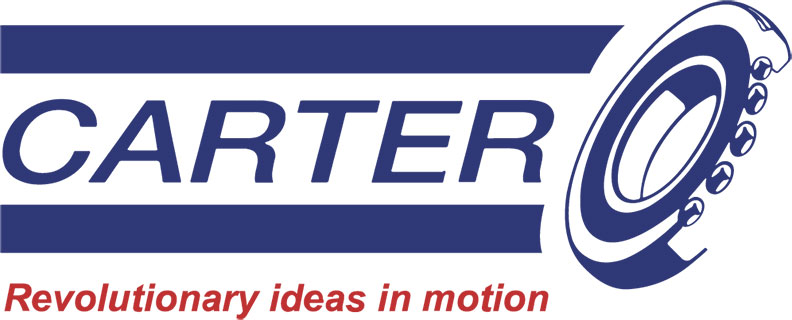Among the most demanding and critical high technology applications are those where Ultra-High Vacuums (UHV) environments exist, such as particle accelerators, semiconductor manufacturing and advanced scientific research. UHV environments are typically defined by the need to handle pressures lower than about 1 x 10ˉ⁶ torr which present unique challenges for mechanical components.
What are the Key Challenges?
The challenges include material outgassing, lubrication, thermal stability and material compatibility so all components have to meet strict requirements to ensure optimum performance, without contaminating the delicate vacuum environment. Bearings are an essential component in many UHV systems and one of the most critical considerations for UHV bearings is minimizing outgassing, the release of trapped gases from materials that can compromise the vacuum.
To meet these demands precision bearing and tooling specialist CARTER MANUFACTURING supply precision engineered bearings from leading brands such as UNASIS, Silverthin, Carter and KMS. For some applications our Ultra-High Vacuum engineers may recommend alternative bearing materials, for example ceramic or stainless steel / ceramic hybrids. Ceramic balls offer a Rockwell hardness that is typically 2 to 3 times harder than steel, so various matches can be made using the most advanced steels and ceramic combinations for casings, cages or balls. The result represents an outstanding choice of ceramic, stainless steel and hybrid bearing solutions for UHV applications.
Why Material Selection is Crucial
Taking a closer look at the type of bearings Carter offer for UHV applications confirms that materials with low outgassing properties are proven and therefore the preferred choice. For example, stainless steel (grades 304 or 316), ceramics like silicon nitride and zirconia, or specially engineered alloys like Inconel.
In some cases, coatings such as titanium nitride (TiN) or diamond-like carbon (DLC) are applied to further reduce the issues of outgassing whilst increasing material stability.
What about Lubrication?
Conventional lubricants are unsuitable for UHV environments as they can evaporate and therefore introduce contaminants. As a result, UHV bearings often rely on dry lubrication, using solid lubricants like molybdenum disulphide (MoS2) of tungsten disulphide (WS2), or operate without lubrication altogether. This is why ceramic bearings are particularly well suited for UHV applications due to their non-magnetic properties, low friction and ability to function without lubricants.
Additionally, UHV bearings must withstand the extreme temperatures associated with vacuum bake-out procedures, which can reach 200-450ºC to remove surface contaminants and trapped gases. Materials like ceramics and heat-resistant alloys are ideal in these conditions as they maintain dimensional stability whilst resisting thermal degradation.
Precision and Cleanliness is Essential
Bearings designed for UHV environments are crucial in applications where precision and cleanliness are paramount. For example, institutions such as CERN, The Max Planck Institutes and Helmholtz-Zentrum Berlin für Materialien und Energie (HZB) depend on these bearings in particle accelerators and synchrotrons, where even the slightest contamination can compromise experimental results. Similarly, UHV bearings are used in semiconductor manufacturing and surface science, where precision motion control is critical to the success of sensitive processes.
Location, location, location…
Carter’s location at the heart of UK’s science in Oxfordshire’s high technology and space area enables them to collaborate directly with scientists and engineers to ensure that the bearings they supply not only meet, but exceed the performance required for UHV applications. Examples include some of the UK’s leading nuclear research facilities such as the UK Atomic Energy Authority, Joint European Tarus Project and the Rutherford Appleton Laboratory.
Furthermore, their partnerships with these leading institutions, demonstrates commitment in supporting pioneering research and development in fields like spectroscopy, particle physics and materials science.
Explore how Carter Manufacturing can support your UHV needs, more at: https://www.carterbearings.co.uk/applications/ultra-high-vacuum-thin-section-bearing












Radio wave weapon knocks out drone swarms
I hope they have assessed how easy it is to shield a drone against the attack. Hopefully the shielding would add too much weight.